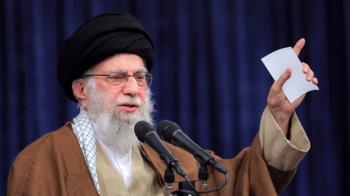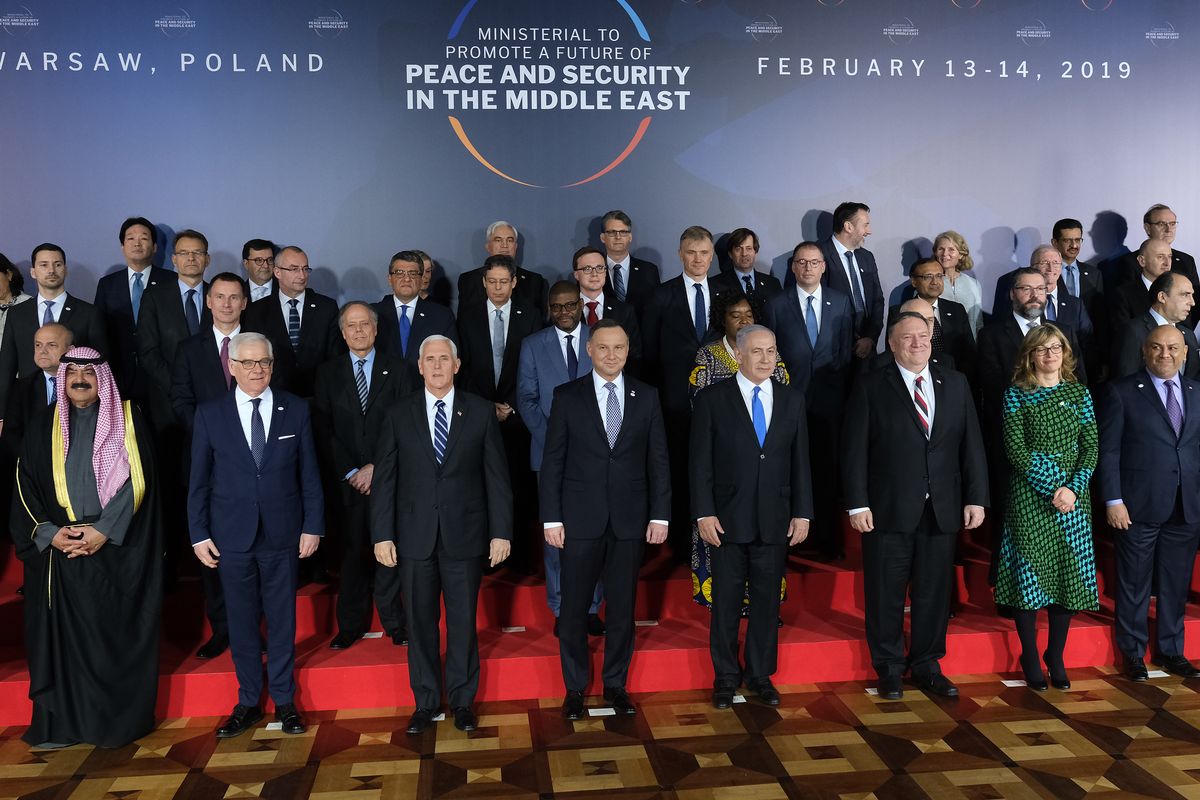Alwaght- Russia said a recent US-organized conference in Warsaw was mean to create new “dividing lines” in the Middle East and impose its own “unilateral recipes” on the conflict-ridden region.
Russian Foreign Ministry spokeswoman Maria Zakharova said on Monday that the Americans used the meeting in Warsaw mainly to bring their allies closer together on the “destructive agenda of total counteraction to Tehran,” which the US sought to portray as the “main source of instability” in the Middle East.
“Regrettably, it must be said that the conference in Warsaw was yet another illustration of the course of the US administration to create new ‘dividing lines’ in a Middle East already saturated with conflicts and contradictions,” she said.
Zakharova also described a decision taken at the conference to create working groups on the Middle East issues as a fresh American attempt at solving regional woes unilaterally.
“The conference was planned and held not for the sake of serious discussion of the Middle East problems. Its main outcome is creation of several special working groups to discuss a number of global challenges and threats.... What is that, if not an attempt to launch a parallel process that will work on developing unilateral decisions?” she asked.
‘Unilateral recipes for Mideast’
The Russian official further cited US President Donald Trump’s yet-to-be-unveiled proposal on the Israeli-Palestinian conflict as an example of “unilateral recipes” for Middle East issues.
“This is the signature style of Washington that has been staking since long on imposing unilateral recipes, like the notorious ‘deal of the century’ [on the Palestinian-Israeli settlement],” the diplomat said.
She also condemned Washington’s “practice of building coalitions based on common interests - like, for example, the designed ‘Middle East NATO’ on the anti-Iranian basis.”
Such approaches, she added, “leads away from the goal of achieving long-term stabilization in the region” and “complicates prospects for the settlement of the conflict situations."
Zakharova stressed that Moscow’s approach to resolving the Mideast is based on “truly collective” decision-making “developed under the auspices of the UN and complying with the norms and principles of international law, including those respecting the sovereignty, independence and territorial integrity of all countries.”
The Warsaw meeting was held on February 13-14. The US had initially said the Warsaw forum would focus on the “important element of making sure that Iran is not a destabilizing influence.”
Later, as officials from various countries indicated their refusal to participate, Washington claimed the meeting was “not a venue to demonize or attack Iran,” in an apparent about-face.
The event has, however, been widely viewed as a failure for the US as most global leaders snubbed the meeting, making American Vice President Mike Pence sit and interact with foreign officials well below his diplomatic stature.
On the sidelines of the conference, which was supposed to discuss ways to promote “peace” in the Middle East, Israeli Prime Minister Benjamin Netnyahu startled the international community and even his allies in the White House by openly speaking of a “common” Israeli-Arab “interest” of “war with Iran.”
Tehran slammed the confab as a “circus” and said the low levels of participation in the event and the attendees’ reluctance to support any decision against Iran had turned the final statement of the event into “a useless document.”
The US has stepped-up its pressure campaign on Iran under the Trump administration.
The US president’s hostile approach intensified last year, when he unilaterally withdrew America from the 2015 nuclear deal, known as the Joint Comprehensive Plan of Action (JCPOA), and unleashed the “toughest ever” sanctions against the Islamic Republic in defiance of the world community and its own allies.



























